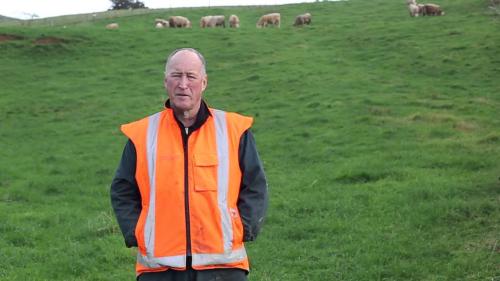Search results
Displaying 331 - 340 results of 1101
- … farms similar venison alongside beef lamb annual velvet harvesting alongside wool iii … exposure draft has been expressed through meetings correspondence ministers officials … farms similar venison alongside beef lamb annual velvet harvesting alongside wool iii …
- News… or mitigations. They have also proposed new annual sub-sector emissions reporting to … emissions, B+LNZ held 21 face-to-face meetings and hui and nine joint webinars with … also arranged several smaller ‘wool-shed’ meetings across Southland, provided speakers …

- News… the highlights of Beef + lamb New Zealand’s Annual Meeting and Showcase. …
- Resource book… 16 about study site 16 key message 16 study 1 annual growth rates clovers 17 study 2 sub clover annual growth rates 17 study 3 growth … message 37 study 1 seasonal growth pattern annual perennial legumes hawkes bay dryland 37 …
- Other PDFcomparing agricultural emissions reduction targets strategies policies internationally summary report november 2024 1 lnz commissioned scan agricultural greenhouse gas ghg reduction targets …
- Resource book… programme monitoring your soil health least annually review your soil management plan … visual soil assessments can carried out annually recommended vsa field guide may done … every two three years may sufficient annual testing recommended you making capital …
- VideoBeing part of Beef + Lamb New Zealand's 'Finished by 20 Months' beef finishing project helped Laurie Copland determine he was running the most profitable system for his farm …
- News… B+LNZ Environment Reference Group (ERG) meeting was the importance of farmers getting … advice for B+LNZ – find out more about the meeting and their role. …

- PodcastPeter Young spent a couple of decades farming next door to the Ida Burn Dam in Central Otago, home of the Brass Monkey Rally – an area that experiences one of the most extreme climates in NZ. From …

- Video… talk about the 2-3 fold difference in annual dry matter production measured between …

